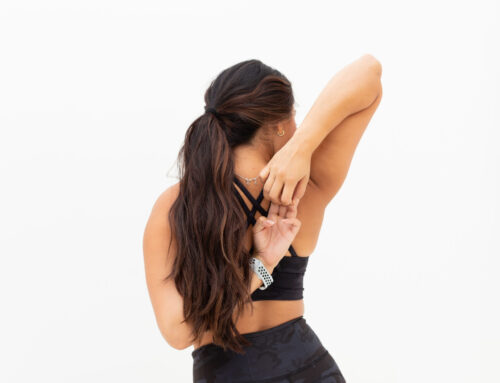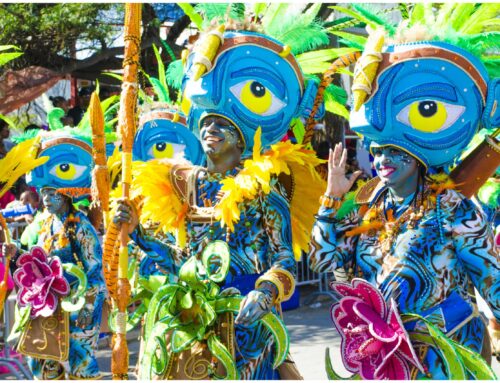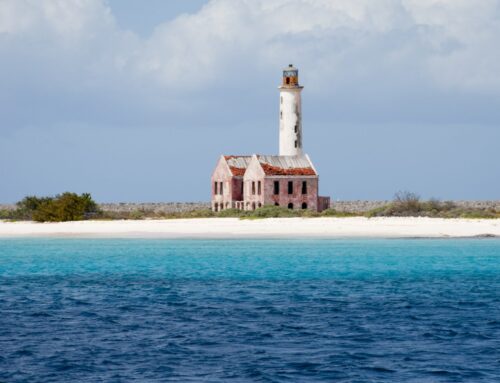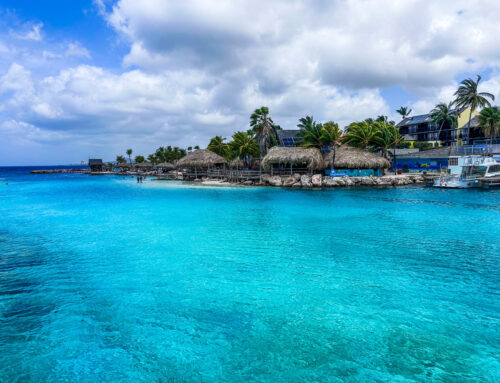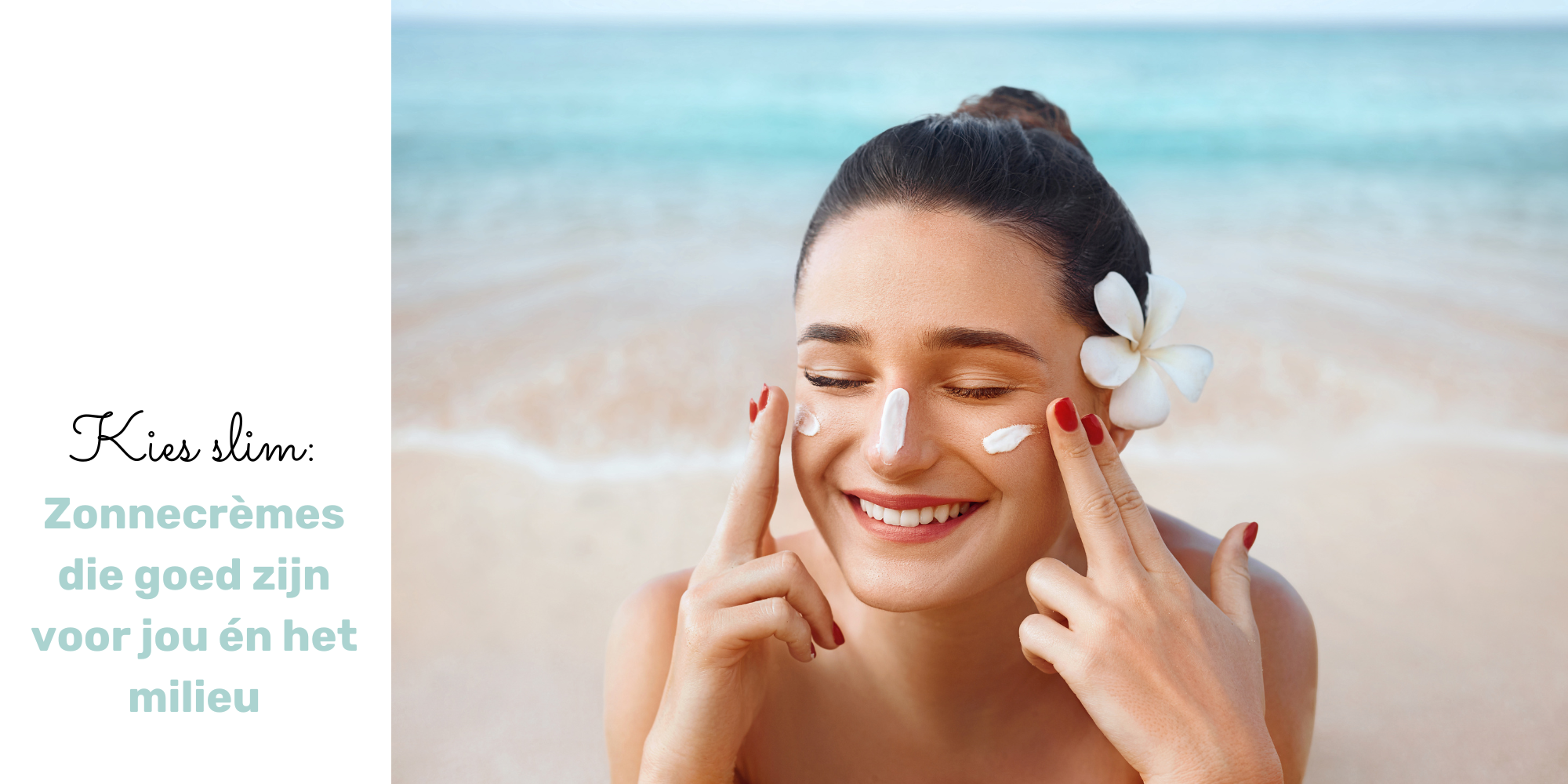
Sunscreen: Good for you, but what is it doing to nature?
Let’s talk about sunscreen. We all know that it is important to protect your skin from the sun, especially when you go snorkeling. But did you know that some sunscreens can be harmful not only to your health, but also to nature? Don’t worry, I will explain it all to you as well as which sunscreens you can use when diving in the ocean.
Why many types of sunscreens are not so fine
Many sunscreens contain chemical ingredients such as oxybenzone and octinoxate. These substances can soak into your skin and are sometimes linked to hormone disruptions. But at least as bad: They also get into the water and cause coral bleaching. That means coral reefs lose their color and eventually die. And of course we don’t want that, right?
What is the difference between UV-A and UV-B radiation?
To understand why sunscreen is important, you first need to know what UV radiation does to your skin:
- UV-A radiation: These are the long waves that penetrate deep into your skin. They cause skin aging (think wrinkles and pigmentation) and can even contribute to skin cancer. So the “A” stands for Aging.
- UV-B radiation: These shorter waves penetrate less deeply, but are more powerful. They cause your skin to burn (the “B” stands for Burn) and play a role in DNA damage and skin cancer.
A good sunscreen protects against both types of radiation. Make sure it says “broad-spectrum” or “broad-spectrum” on the package, because that means you are protected from both UV-A and UV-B.
Reef-safe vs. Reef-friendly: What’s the difference?
You’ve probably heard of terms like “reef-safe” or “reef-friendly” sunscreen. But what exactly do they mean?
- Reef-safe: This means that the sunscreen does not contain ingredients harmful to coral reefs, such as oxybenzone or octinoxate. Mineral filters such as zinc oxide or titanium dioxide are often used.
- Reef-friendly: This sounds nice, but the term is not regulated. It may mean that the product is better for the environment than regular sunscreen, but it does not guarantee that it is completely safe for coral reefs.
Want to be sure you’re making an environmentally friendly choice? Then always check the ingredient list on the packaging.
What sunscreen is safe to use while snorkeling?
Fortunately, there are plenty of options that are both good for you and good for nature. Here are a few fine recommendations:
- Badger SPF 30 Reef-Friendly: 100% natural, with zinc oxide and biodegradable
- ThinkSport Safe Sunscreen: No harmful substances, water-resistant and perfect for sensitive skin
- Raw Elements Face + Body SPF 30: Mineral sunscreen and eco-friendly, plus plastic-free packaging
Tips to protect yourself and nature
- Apply enough: Mineral filters work well only if you apply them generously.
- Wear protective clothing: A rash guard or UV shirt can help you use less cream.
- Avoid sprays: These often contain nanoparticles that can be harmful if you inhale them.
With these tips, you can enjoy the sun and contribute to a healthier planet! 🌍✨
In this blog you will find some affiliate links. When you click on a link and purchase something, we receive a small commission at no extra cost to you. This helps us to keep traveling and sharing our best tips and experiences with you. We only recommend products we use ourselves or fully support. Thanks for your support and for following our travel adventures!


